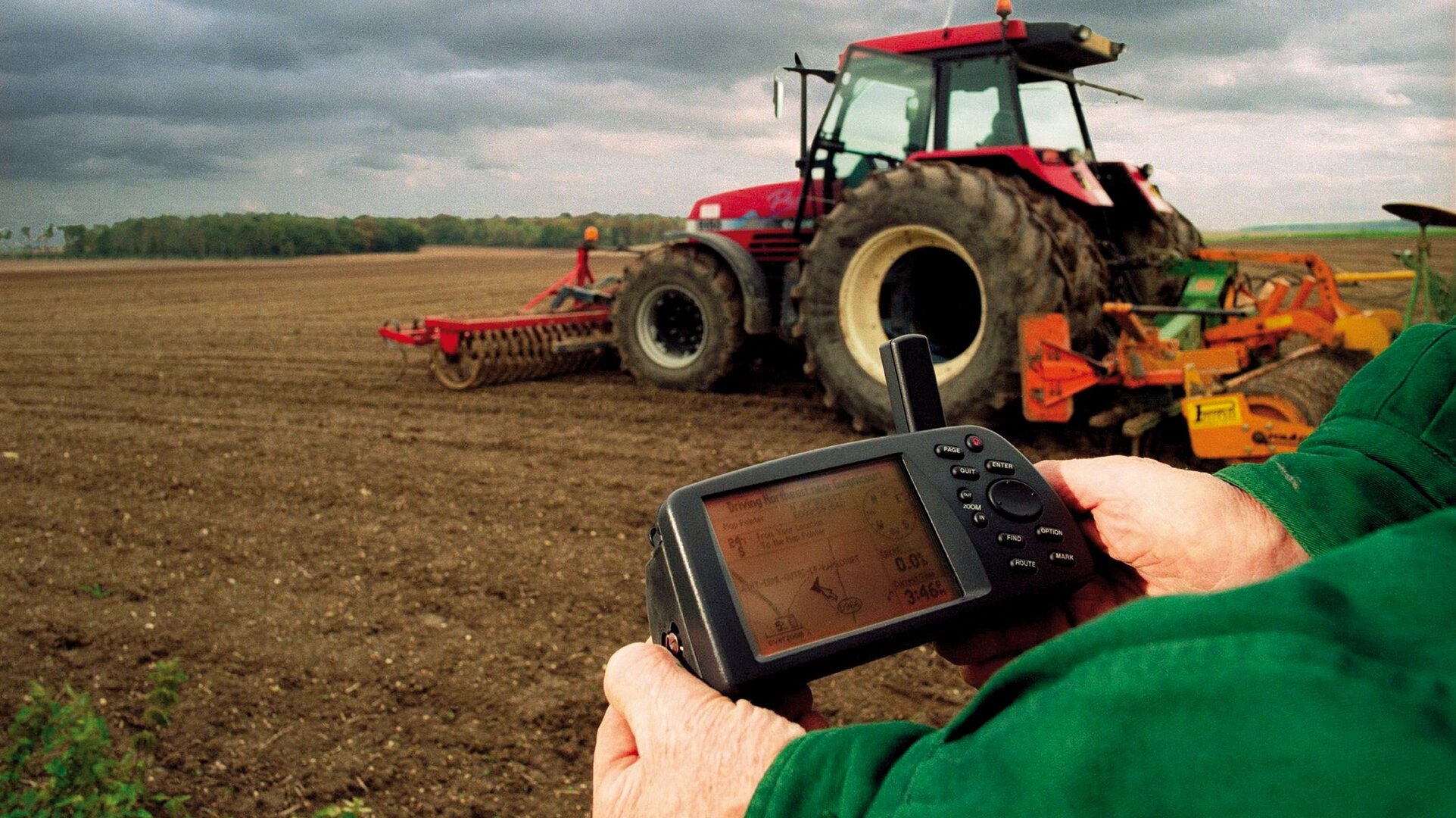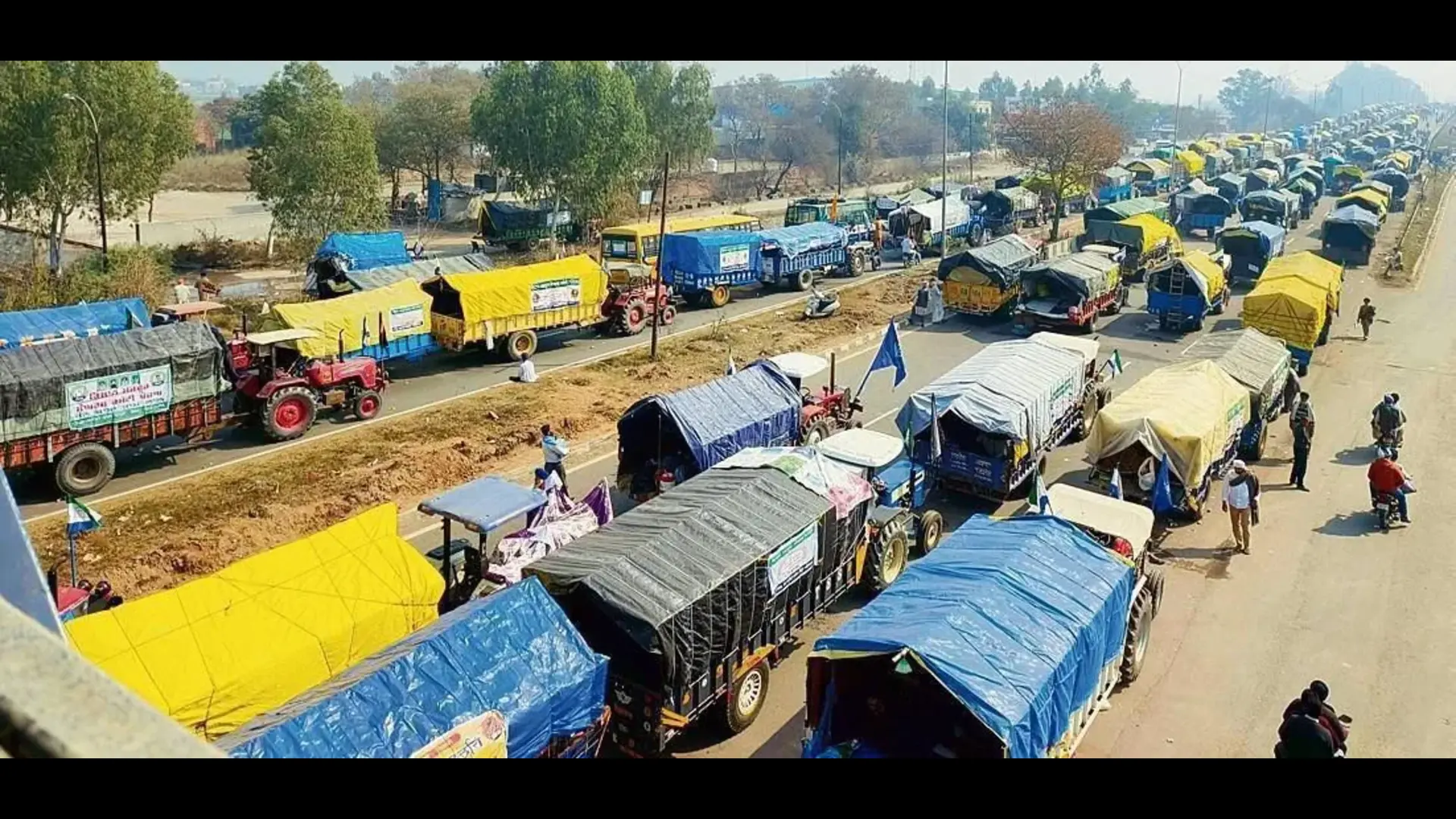As the global climate continues to evolve, agriculture faces increasing pressures and uncertainties. From shifting weather patterns to extreme events, agri-businesses worldwide are grappling with the impacts of climate change on their livelihoods and crop yields. In this context, precision farming tools have emerged as vital assets in the fight against climate challenges, offering innovative solutions to enhance resilience, optimize resource management, and sustainably boost agricultural productivity.
Precision farming, also known as precision agriculture, encompasses a range of technologies and practices aimed at maximizing efficiency and minimizing inputs while maintaining or improving crop yields. At its core, precision farming relies on data-driven decision-making, advanced sensors, and automation to optimize the 3Ps of Agribusinesses: productivity, predictability, and profitability.
Water scarcity and unpredictable rainfall patterns present formidable obstacles to growers worldwide. Precision farming tools, such as soil moisture sensors, satellite imagery, and automated irrigation systems, empower growers to precisely manage water resources. By continuously monitoring soil moisture levels and adjusting irrigation schedules in real-time, farmers and agribusinesses can minimize water wastage, curb runoff, and ensure optimal crop hydration. This targeted water management strategy not only conserves precious resources but also mitigates the detrimental impacts of drought and water stress on crop yields.
In addition to water management, climate-smart agriculture mandates efficient resource utilization to minimize environmental footprint and maximize productivity. Precision farming tools play a pivotal role in optimizing resource usage, notably fertilizers and pesticides. Through techniques like variable rate application and soil nutrient mapping, agribusinesses and farmers can customize inputs based on specific crop needs and soil conditions. By curbing excessive use of fertilizers and pesticides, precision farming mitigates water pollution, reduces greenhouse gas emissions, and alleviates soil degradation, fostering long-term sustainability and climate resilience.
Furthermore, climate change intensifies pest and disease pressures, endangering crop health and productivity. Precision farming tools, including remote sensing, drones, and predictive analytics, enable early detection and monitoring of pest infestations and disease outbreaks. Climate-smart agriculture with drones empowers farmers to reduce chemical and fertilizer usage by making data-driven decisions. Advanced sensors analyze soil conditions and crop health, optimizing water, fertilizer, and pesticide applications to minimize waste and environmental impact. Additionally, drone spraying systems apply resources with precision, reducing runoff and protecting vital ecosystems. With comprehensive data collection capabilities, drones enable farmers to make sustainable and productive agricultural decisions, adapting to the changing climate landscape.
Moreover, healthy soils form the bedrock of sustainable agriculture and climate resilience. Precision farming tools, such as soil mapping technologies, conservation tillage practices, and cover cropping strategies, foster soil health and mitigate erosion. By accurately delineating soil properties and implementing conservation measures, growers enhance soil structure, fertility, and water retention capacity. Healthy soils not only bolster crop growth and resilience but also sequester carbon dioxide from the atmosphere, curbing greenhouse gas emissions and advancing climate change mitigation efforts.
Adopting climate-smart crop management practices is imperative for navigating changing climatic conditions and optimizing yields. Precision farming tools furnish invaluable insights into crop growth, development, and performance, empowering agribusinesses and stakeholders to make informed decisions throughout the growing season. From selecting seeds and planting densities to timing harvests and post-harvest management, precision farming tools enable growers to optimize crop production while minimizing environmental impact. Embracing climate-smart crop management practices supported by precision agriculture technologies fortifies resilience, boosts productivity, and mitigates the repercussions of climate change on agricultural systems.
Precision farming tools constitute a formidable arsenal in the battle against climate challenges in agriculture. Their adoption not only represents a necessity but also offers a pathway to a more resilient and sustainable future for agriculture.
The author is the CEO & Co-founder of FarmERP.







